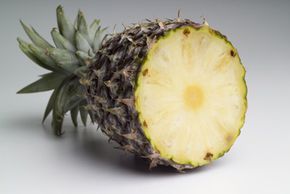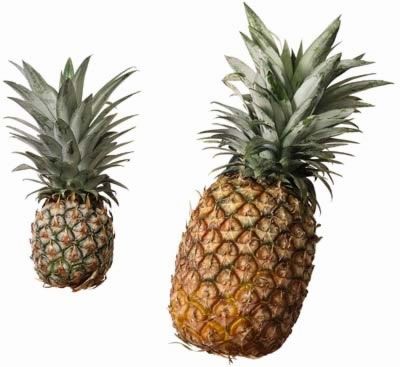It's summer. The in-laws are gathered around your back patio, the kids are running through the sprinkler and you're proudly working the grill, flipping steaks like a pro.
Soon, you pile the steaks high onto a serving plate. "Come and get it!" you call out. Your family and friends file by, loading their plates with your signature steaks, still sizzling.
Advertisement
As the guests take their seats, you stand back and watch as they take their first bite, carefully gauging their reactions. The news isn't good. Like a dog trying to pull a tube sock out of your clenched fist, your guests tug and strain at their meat, unsuccessfully trying to tear off bite-size pieces. Aunt Pat is the first to complain. Always.
"I've had beef jerky more tender than this steak!" Aunt Pat grumbles.
As all eyes fall on you, the chef, two things become apparent. One, Pat isn't your favorite aunt, and two, you failed to properly tenderize the steak before cooking it.
You can thank collagen for your tough steaks. These long strands of protein hold the steak together. Collagen essentially acts as the "binding" of the tissue in vertebrates like cows and people, providing muscle tissue with its structure. Collagen is a primary component of tendons, ligaments and other connective tissues.
The tenderizing step breaks down this structural binding for your eating enjoyment. You can achieve this effect in several ways. Beating it with a wood or steel tenderizing-mallet or carefully aging the meat so that its natural enzymes break down the muscle tissue pose two options. In addition, you can sprinkle on some powdered meat tenderizer or pierce the meat with an electric or mechanical tenderizer. Adventurous cooks can even place the meat underwater and tenderize it with shock waves produced by underwater explosives.
Or, you can set aside the explosives and use a fresh pineapple, specifically an enzyme found most abundantly in the pineapple's stem: bromelain. Not only will bromelain degrade the meat's tough fibers, it can also eat away at a human tongue. How does it do this? Can it dissolve your fingerprints, too? Why did you invite Aunt Pat to your cookout? Find out the answers to at least two of these questions in the next section.
Advertisement


